According to the ASU Charter, the university assumes a “fundamental responsibility for the economic, social, cultural, and the overall health of the communities it serves.” This website serves to provide transparency and opportunity to inform tribal nations and communities of the critical research that occurs at ASU. This research is conducted in collaboration with and for the benefit of tribal partners. Projects have been reviewed and completed the proper protocol and tribal consultation requirements prior to implementation.
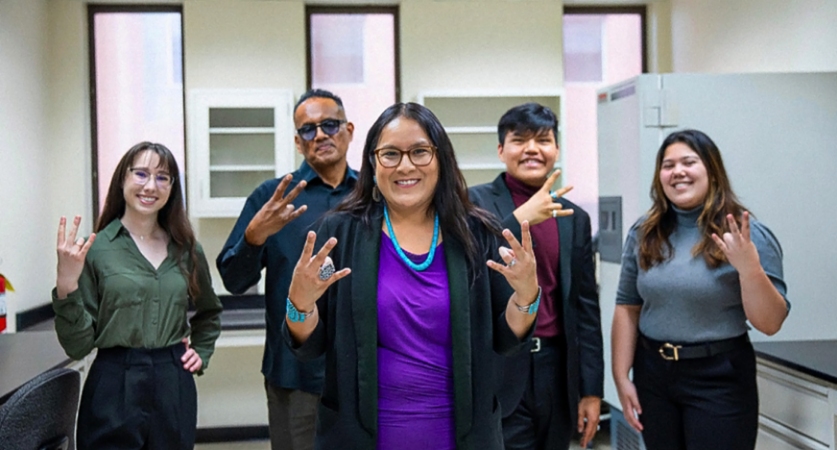
Indigenous Genomic Data Equity and Justice
Indigenous Genomic Data Equity and Justice is an interdisciplinary project team led by Krystal Tsosie, PhD, MPH, MA (Diné/Navajo Nation), in the School of Life Sciences at Arizona State University. The central aims of the work in Tsosie’s Lab are to advance genomic data, bioethics, Indigenous community engagement, policy and governance and digital tools and computational approaches in the areas of health inequities, paleogenomics and Ancestor studies, conservation biology, biobanking and using artificial intelligence and machine learning to expand Indigenous genomic data sovereignty and community genomic data governance standards.
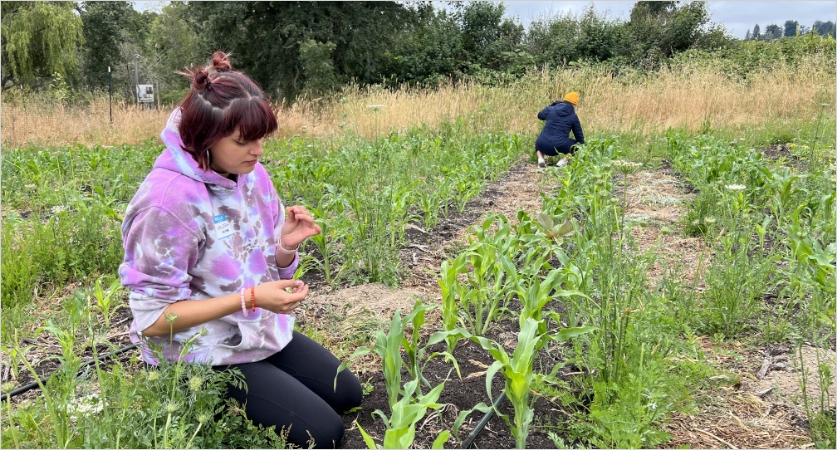
The Earthdiver Lab for Indigenous Ecologies
The Earthdiver Lab for Indigenous Ecologies, led by Melissa K Nelson, PhD (Turtle Mountain Chippewa), is a learning-research-action space to advance Indigenous sciences, Native-led conservation and sustainable food systems. She directs the Indigenous Knowledges focal area of the Global Futures Laboratory, which is Native-led space dedicated to engagement, dialogue and collaboration about Indigenous knowledge systems and their contributions to biocultural resilience, land stewardship and planetary health. Nelson is also a writer, editor, media-maker and award-winning scholar-activist.
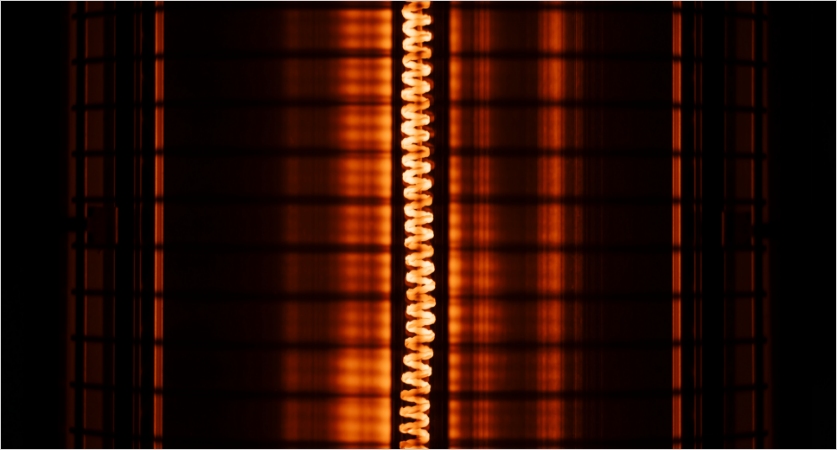
Electrified Processes for Industry without Carbon
Electrified Processes for Industry without Carbon or EPIXC, is the Department of Energy’s Clean Energy Manufacturing Innovation Institute at Arizona State University. EPIXC is a public-private partnership aimed at securing U.S. manufacturing competitiveness in a global economic environment that increasingly demands eliminating carbon emissions by developing the technologies and workforce required to electrify industrial process heating. Through research, development and demonstration efforts, education and workforce development programs and the creation of new jobs in underrepresented communities, EPIXC will provide cost-effective solutions. These solutions will benefit underserved communities, be scalable, accelerate the U.S. transition to a zero-carbon future and contribute to the goals set by DOE’s Industrial Heat Shot.
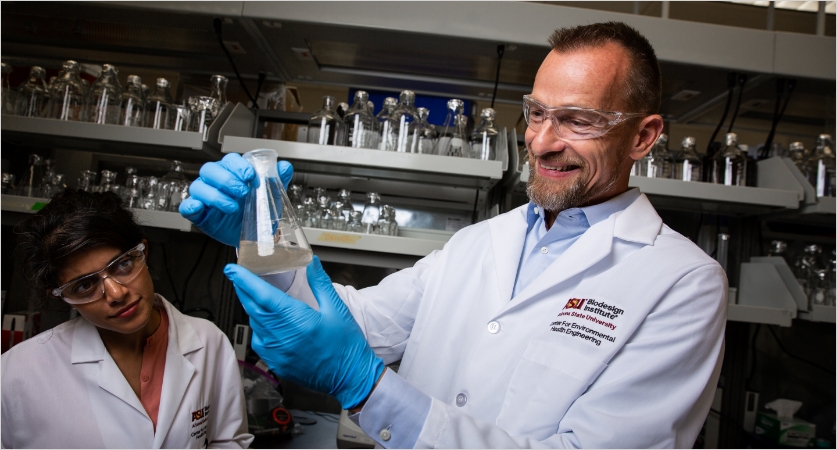
Wastewater-Based Epidemiology in U.S. Tribal Communities
Tribal Nations were devastated during the COVID-19 pandemic, experiencing the highest mortality rates of any demographic. With funding from the National Institutes of Health, National Science Foundation, Catena Foundation, and Rockefeller Foundation, ASU partnered with five Tribes to perform wastewater analyses of SARS-CoV-2 to supplement the limited reach of case-based surveillance by clinical testing. In this culturally-responsible research, sensitive data on SARS-CoV-2 and its variants in Tribal wastewater were communicated frequently to inform a timely Tribal public health response. Both nationally and internationally, this work constitutes one of the first applications of WBE to control infectious disease risks in Tribal communities. This project was led by Otakuye Conroy-Ben, Rolf Halden and Erin Driver.
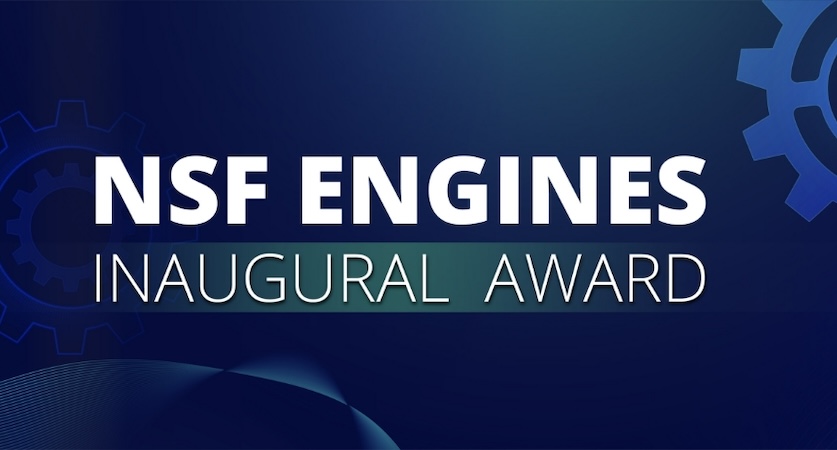
NSF Engines: Southwest Sustainability Innovation Engine
National Science Foundation, Regional Innovation Engines program – 5 awards nationally, with each award up to $160 million over 10 years. The ASU-led proposal, The Southwest Sustainability Innovation Engine is working to create a regional hub – involving Arizona, Nevada and Utah — to develop, launch, and scale vibrant water-energy sustainability technologies, create new policies, and implement new infrastructure solutions. The Regional Hub brings together in a co-design and co-creation space: academic partners at ASU, University of Utah, UNLV, Maricopa County Community Colleges and the Desert Research Institute along with major industry partners in water technology, direct air carbon capture and solar energy production as well as governmental representatives and community partners.
